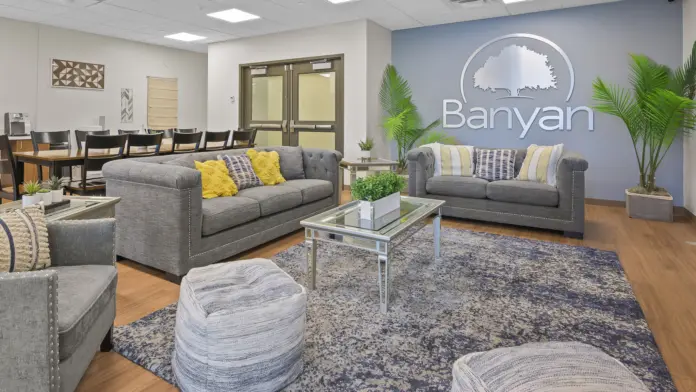About Banyan Delaware
You might start with medical detox where medical professionals monitor you to help treat withdrawal symptoms and make detox safe and as comfortable as possible. The residential program at this center will take a comprehensive look at the impact of substance use on multiple areas of your life to tailor a treatment plan that addresses your mental and physical recovery needs. This addiction treatment center also uses evidence based practices alongside holistic therapies to address every aspect of your life and help you heal. They can also address co occurring mental health and addiction issues.
During the program your sessions will be led by trained and licensed professionals. You will get 24/7 care and support and the people in treatment with you will help you remember you’re not alone. You’ll learn to create new habits and mindsets to limit your chance of relapse and help you achieve long term recovery.
In addition, after you have attended the residential treatment program, you can transfer to one of the other locations to receive continuing care. This could be in the form of outpatient treatment or aftercare services based on your needs and recovery goals.
Facility Overview
Latest Reviews
Your feedback helps us improve, and we appreciate you taking the time to share it.
Rehab Score
Gallery
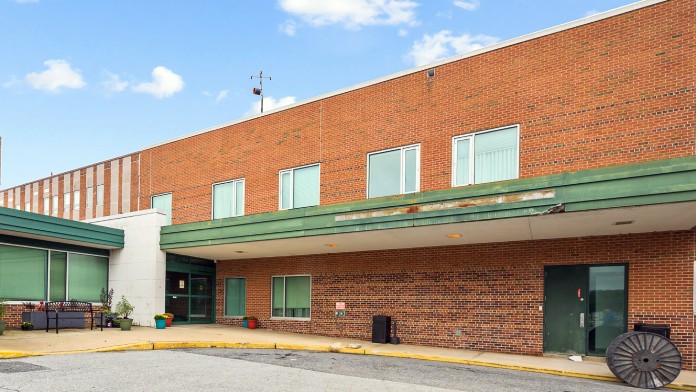
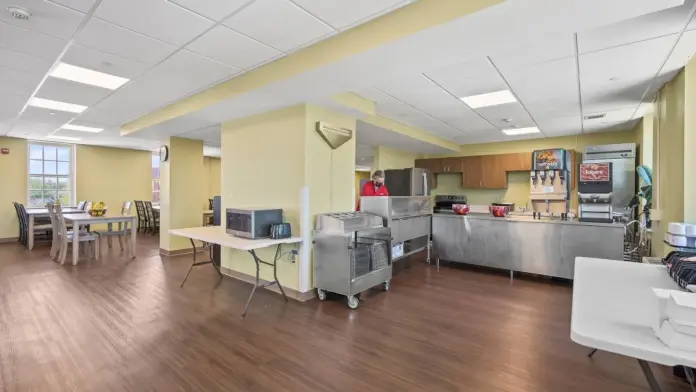
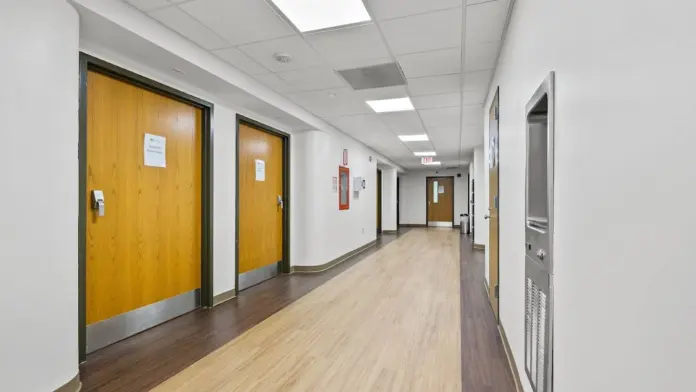
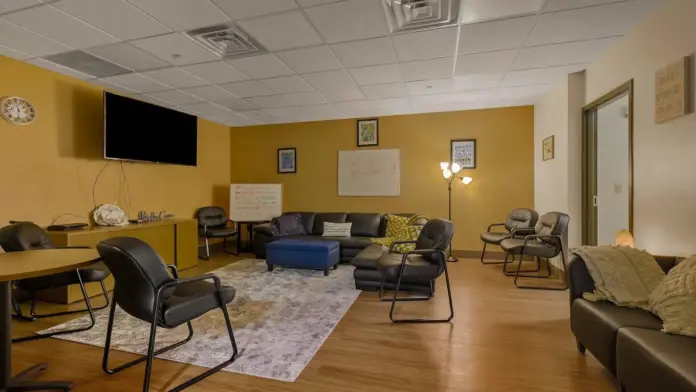
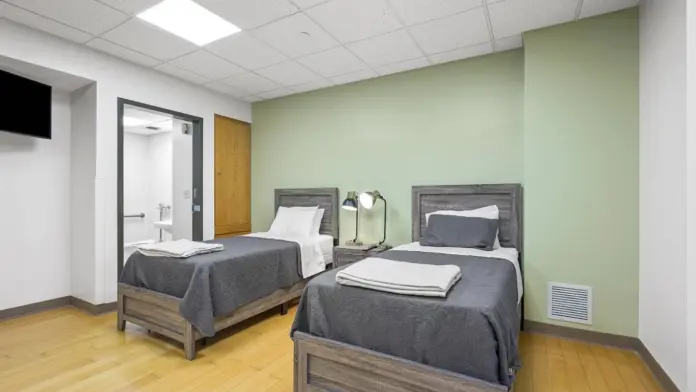
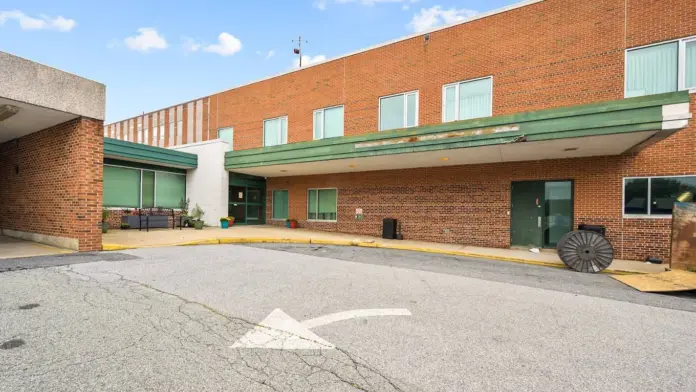
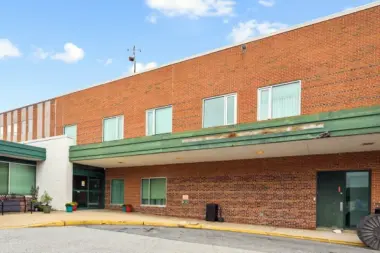
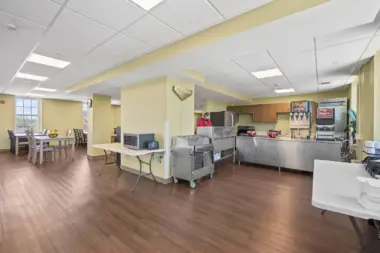
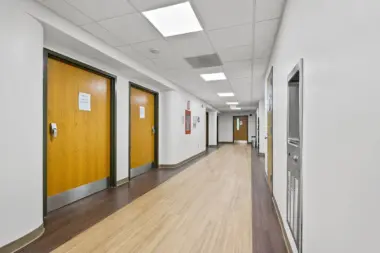
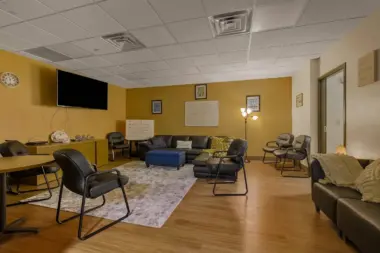
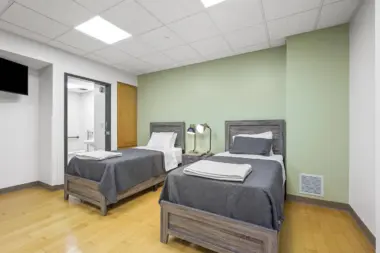
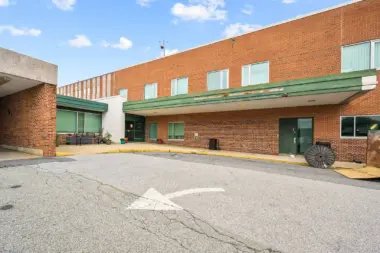
Accepted Insurance
Other Forms of Payment
Private insurance refers to any kind of healthcare coverage that isn't from the state or federal government. This includes individual and family plans offered by an employer or purchased from the Insurance Marketplace. Every plan will have different requirements and out of pocket costs so be sure to get the full details before you start treatment.
Self-pay involves paying for treatment out of your own pocket. You can use savings or credit, get a personal loan, or receive help from family and friends to fund your treatment. If you don't have insurance or your insurance plan doesn't cover a specific program, self-pay can help ensure you still get the care you need.
Private insurance refers to any kind of healthcare coverage that isn't from the state or federal government. This includes individual and family plans offered by an employer or purchased from the Insurance Marketplace. Every plan will have different requirements and out of pocket costs so be sure to get the full details before you start treatment.
Medicaid is a state based program that helps lower-income individuals and families pay for healthcare. Medicaid covers addiction treatment so those enrolled can use their coverage to pay for rehab. When a program accepts Medicaid the client often pays very little or nothing out of their own pocket.
Addiction Treatments
Levels of Care
Offering an intensive form of rehab tailored to those who don't need 24-hour care, a partial hospitalization program (PHP) is ideal for serious addiction disorders that may not fully respond to regular outpatient therapy. PHP can serve as an alternative to inpatient hospitalization or as a step-down option and is often fully covered by insurance. With daily sessions lasting six to eight hours, up to five days a week, PHP treatment can provide medication management, relapse prevention strategies, and behavioral therapy interventions.
Round-the-clock medical care is provided during medically supervised detox. This 24-hour clinical care in Delaware serves three main purposes. First, medical staff provide treatment to curb the effects of withdrawal, which range from uncomfortable to life-threatening. Second, the detox process minimizes substance dependence by clearing the body of addictive substances. Third, this supervised process prepares the individual for further rehab treatment.
Since quitting your drug of choice cold turkey can be uncomfortable (and even dangerous), a medically assisted detox is typically suggested. It takes place in an inpatient setting, where clinical staff can monitor your vitals, provide medications if necessary, and keep you as safe and comfortable as possible throughout the process.
Inpatient rehabs offer the structure and support that clients exiting detox, those in early recovery, and those in crisis often need. They provide housing and meals, enable clients to escape home and workplace stressors and focus solely on recovery. Clients engage in intensive psychotherapy, which may include group and family counseling. Inpatient treatment is also designed to prepare clients for outpatient care, which typically involves recovery-focused life skills training. Holistic therapies are widely available.
Clients in outpatient rehab have often completed inpatient treatment and are stable and progressing in their recovery journey. Others may have elected to move straight from detox into outpatient care to minimize disruptions to their work or family life. Because outpatient clients' needs may vary widely, treatment programs and levels of care are also often diverse. Clients requiring more frequent and substantive psychotherapy and recovery support may enroll in intensive outpatient (IOP) or partial hospitalization (PHP) programs.
One of the main benefits of telehealth is increased convenience. First, you may be able to get an appointment faster if you schedule a telehealth visit. Second, you have a larger selection of specialist options, since you can choose a provider who is located far from you.
Treatments
Alcoholism, also known as alcohol use disorder (AUD), is a pattern of experiencing difficulty controlling alcohol consumption and a failure to stop drinking even when it causes problems. Treatment for this addiction is typically customized for each person, but generally follows a three-step process. Alcohol rehab in Delaware begins with supervised detox, followed rehabilitation, then maintenance.
Recovery is possible for those who complete drug rehab in Delaware. These programs specialize in providing an environment that encourages sobriety and a professional staff that provides the tools to overcome addiction. Participants receive a customized treatment plan tailored to their needs.
Delaware drug and alcohol rehabs can help you overcome substance abuse and addiction. These programs address the root cause of your addiction and help you to develop healthier coping strategies through a range of evidence-based therapies and counseling. Programs are typically offered on an outpatient, inpatient, and partial hospitalization basis. You may also access recovery support meetings, family counseling, and skill development classes, all of which will help you sustain your sobriety.
Delaware offers specialized dual-diagnosis addiction treatment programs to address the prevalence of mental health conditions co-occurring with substance use disorders. These programs provide various levels of care, including outpatient, inpatient, and partial hospitalization programs. Addiction experts use a combination of evidence-based therapies, such as cognitive-behavioral therapy (CBT) or dialectical behavior therapy (DBT), together with skills training, recovery groups, and education, to simultaneously treat both conditions and improve overall mental and physical health.
With inpatient drug rehab, you'll stay in a treatment facility while receiving professional mental health services. You receive round-the-clock medical and mental health care from professional staff, while your food and housing are provided. The average stay at an inpatient facility is 28-30 days. Types of facilities vary, from hospitals to freestanding clinics and luxury rehabs. Standard mental health therapies include group and individual counseling, relapse prevention education, and coping skills training.
Programs
Adult rehab programs include therapies tailored to each client's specific needs, goals, and recovery progress. They are tailored to the specific challenges adult clients may face, including family and work pressures and commitments. From inpatient and residential treatment to various levels of outpatient services, there are many options available. Some facilities also help adults work through co-occurring conditions, like anxiety, that can accompany addiction.
The postpartum period is a sensitive time, especially for women in addiction recovery. Rehabs with specialized programs for new mothers will offer compassionate, personalized care to meet each client's needs as they transition from pregnancy to this season of life. Care teams may include obstetricians, pediatricians, and social workers working collaboratively to give women, children, and families a healthy future.
Clinical Services
When used in treatment sessions, cognitive behavioral therapy in Delaware has been shown to be an effective method to address a variety of mental health disorders, including substance use disorders. An advantage of this method is its ability to also address any co occurring disorders such as anxiety, depression, and PTSD.
Therapists who apply dialectical behavior therapy methods help their clients understand and accept their emotions and behaviors while also seeking to change negative behaviors. This form of treatment occurs in weekly individual and group sessions and typically lasts six to 12 months.
Delaware families focus on creating a supportive network for the individual in recovery during family therapy. Therapists work with your family to identify dysfunctional patterns and develop healthier ways of interacting. This can significantly improve the overall treatment outcome.
Motivational interviewing is designed to strengthen your internal motivation to change. It's a method of communication that focuses on change, allowing you to reflect on your current circumstances and draw your own conclusions about the next steps you need to take.
Several life skills are important to develop during and after rehab treatment in Delaware. They include communication and interpersonal skills. These life skills will help you repair, maintain, and create healthy relationships, which are important for long term sobriety.
Staff & Accreditations
Staff

John Sory
Chief Executive Officer

Michael Evanoff
Chief Financial Officer

Bryan Gregory
Chief Operating Officer

Darrin Mangiacarne
Chief Medical Officer

Sherilyn Toro
VP of Compliance
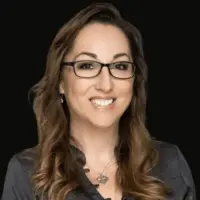
Cara Tilbury, PhD, LCDP, LMSW
NE Regional Executive Director
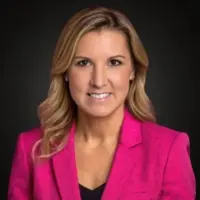
Michelle Parks
Executive Director Southeast

Beau Lynch, MSW, MHA
Executive Director West
Accreditations

The Joint Commission, formerly known as JCAHO, is a nonprofit organization that accredits rehab organizations and programs. Founded in 1951, the Joint Commision's mission is to improve the quality of patient care and demonstrating the quality of patient care.
Joint Commission Accreditation: Yes

The National Association of Addiction Treatment Providers (NAATP) is a professional association that represents organizations in the field of addiction services. Founded in 1978, NAATP's mission is to advance addiction services and ensure that high-quality addiction treatment is available and accessible.
NAATP Member: Yes
Contact Information
21 W Clarke Ave
Suite 4001
Milford, DE 19963
